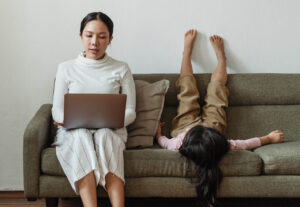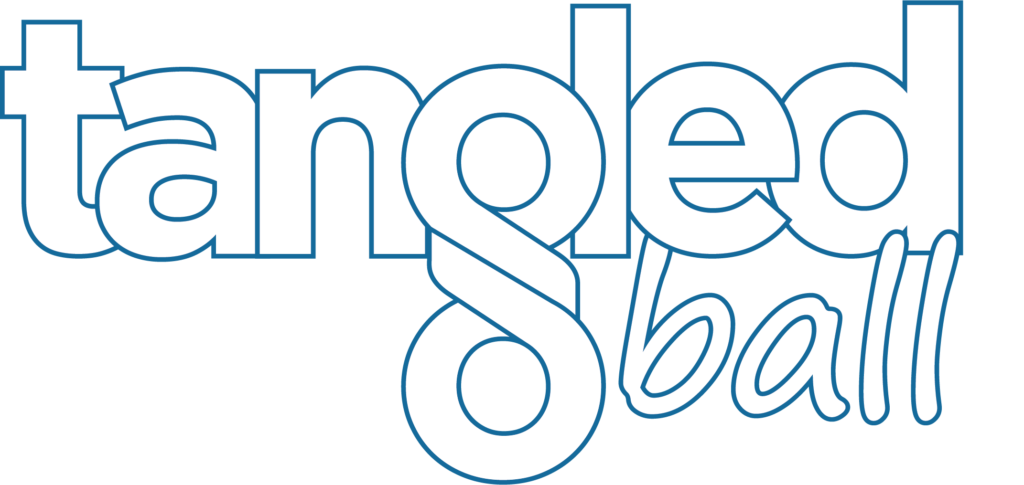In President Obama’s opening remarks at the White House Summit on Bullying, he said, “No child should feel that alone.” That just about sums up why I’m involved.
In the closing remarks after all the true but tragic stories, the overwhelming statistics and expert advice had been shared, the audience was asked to ask themselves, “What more can I do?”
In answer to that question, I want to share with you what others are doing in the field of bullying prevention and online safety and who are dedicated to providing real help…but first, I want to share a couple of things I personally took away from the conference.
This is such a huge issue but I constantly come back to three things that I think are critical in making a positive impact:
• Early Prevention
Bottom Line: If we start very young — PreK and up — and create the expectation of respect, we have a shot at changing the balance when they get older.
• Parenting
Bottom Line: Parents are where it’s at. Kids need to be prepared at home for social interactions. Parents can acknowledge and encourage their children when they treat others well and correct them when they don’t.
• Bystander (or Upstander):
Bottom Line: When you think about it, the bystander is everyone. Compassion and leadership skills can be taught and we can teach kids how to step up for others in ways that are comfortable to them. (If you ask kids, they know that their peers make the biggest difference.)
If you want to start somewhere, there are so many resources. Stopbullying.gov was announced yesterday and there are others listed to the right. Not every community, school or home is the same so tailoring campaigns or materials to fit your needs is really important. In my community, I, along with the support of the principal and the help of other interested parents, started the Be the One mentoring campaign because it suited the needs of the school and it appealed to both the adults and the age span of the children. I also wanted it to be fun which is very key to holding the kids’ attention (and mine, too!) It has created an infrastructure that allows parents and teachers to introduce curriculum they come across and activities that promote friendship and respect. As a matter of fact, next Tuesday, we’ll be using some of the tools from Pacer’s National Bullying Prevention Center. (I’ll be posting more about their fabulous work next week.)
Best Advice from the Summit: My favorite was expert Rosalind Wiseman‘s advice to any adult on what to say when a child comes to them about being bullied:
I’m really sorry this happened to you. Thank you for telling me. I’ll stand by you.
“What more can I do?” We can all help by sharing ideas and keeping the conversation going. Let me know what you’re doing and I’d be happy to share it with others.





